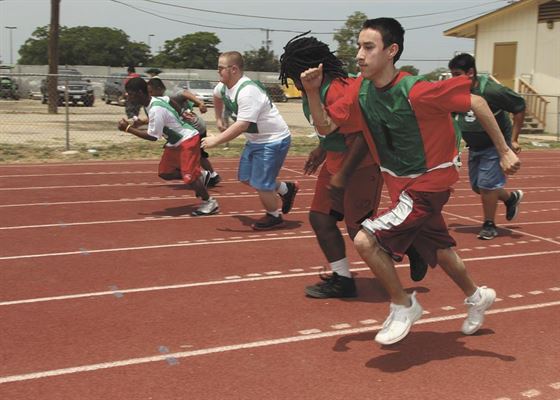Cicily Cares’ mission is all about solutions for children and young adults with Autism and similar developmental disabilities. The obvious issues present themselves every day in the lives of those affected by these debilitating lifelong conditions. However, obesity is one concern that most times, gets lost in all the daily challenges, as parents navigate the other ‘low hanging’ issues they consistently face.
In general, obesity has become a crisis in America, but according to multiple research studies, children and young adults with Autism Spectrum Disorder (ASD) or other developmental disability are 5 to 14% more likely to become obese than peers in the general population. Also, a 2010 Center for Disease Control (CDC) fact sheet concluded that ‘Children…with intellectual or learning disabilities are at greatest risk for obesity’. https://www.cdc.gov/ncbddd/disabilityandhealth/documents/obesityFactsheet2010.pdf
So how do we tackle the obesity crisis from the lens of the developmentally challenged population?
Various factors influence obesity, and these factors are exaggerated tenfold when children and young adults with developmental disabilities are involved. Unfortunately, the same problems around isolation, lack of socialization, boredom and sensory food issues, etc., that commonly affects children and young adults with disabilities also impact their weight, adding another item to the list of concerns for parents and caregivers.
Posing this topic may have elicited more questions than answers, but it is a subject that we must keep in our consciousness as our special needs children age, and the obesity epidemic continues to sweep across this population in higher numbers.
Multiple studies document the commonality of obesity in the developmentally challenged population, yet so far, there seem to be no real measurable long term solutions to manage this concern.
We know that a typical weight management program may not be sufficient to meet the needs of obese or overweight children/young people in this group, so this is where a multi-faceted healthy behavior management program that includes diet, exercise and measurable long term goals comes in.

The question is, where do you find such a program?
These resources may not exist in our communities, and families may be left with building something themselves. Community collaborations and partnerships with like-minded parents looking for solutions maybe the best option to address this problem.
In the meantime, I am challenged with the question of whether or not fitness programs exist that cater to the needs of children with autism/developmental disabilities. If anyone is aware of a model program, please let us know, email us at info@cicilycares.com.

